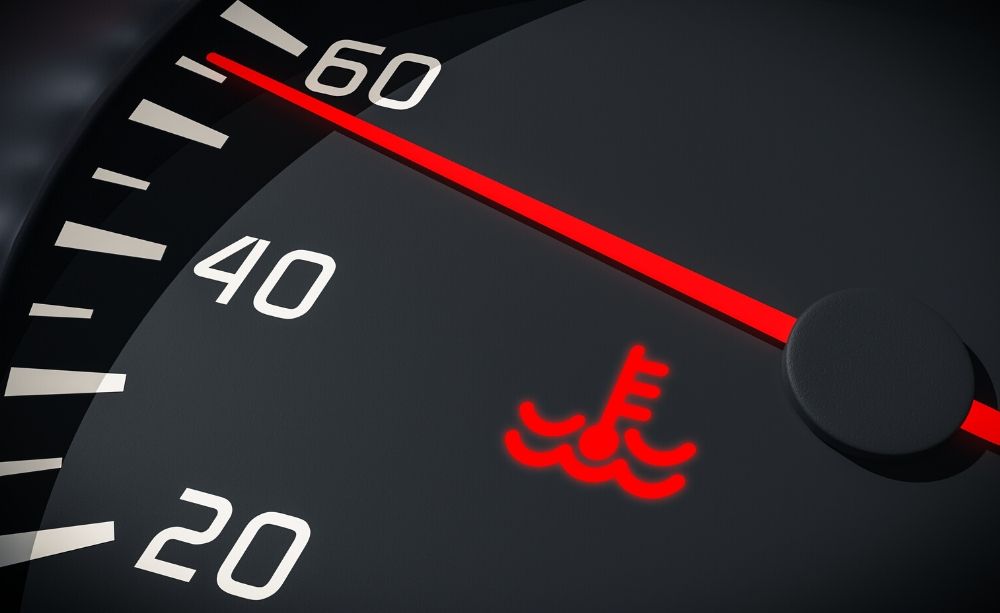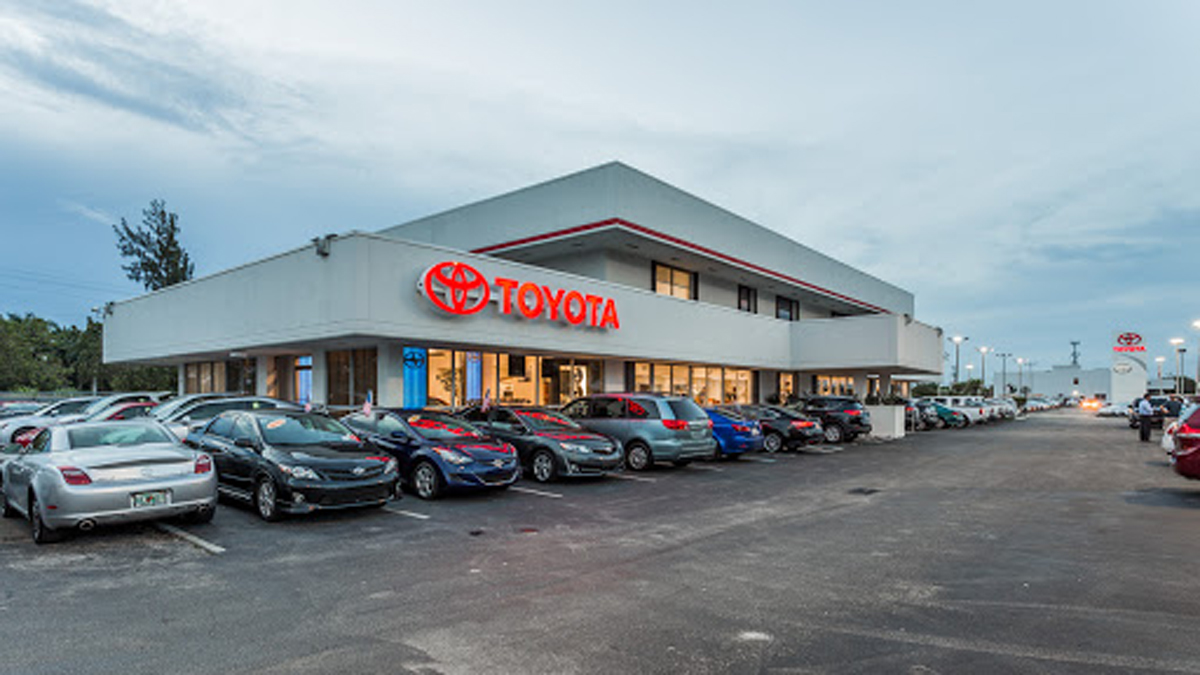Summer is here, temperatures are rising, and the heat is oppressive. People can overheat in the summer sun quickly, and so can cars and trucks. A human can stay cool by sweating, diving into a pool, or chilling in the air conditioning of the house all day. Cars aren’t so lucky, and they bear the brunt of the heat. Car engines are more likely to overheat in the summer months, but the reasons may vary. Why would a diesel engine overheat? Here are a few reasons to watch out for.
Bad Cooling Fan
The fan located by the radiator brings cool air into the engine. Any problems with the fan or the clutch assembly responsible for moving the fan will lead to overheating. Make sure the fan is turning freely by moving it with your hand when the engine isn’t running. Check the coolant sensor, thermostat, and the fan motor to make sure they are all working. Failure of any of those parts will lead to overheating.
Problems With the Coolant
Checking the engine fluids, especially the coolant, and making sure there are no issues is the easiest thing to do. Check to see if there is enough coolant in the reservoir first, then check its condition. Cloudy coolant means that there is a leak somewhere else, and other liquids, like oil, might be mixing in. Top off the reservoir whenever it’s low and remember that there isn’t enough in the radiator if there’s not enough in the reservoir.
A Faulty Water Pump
The water pump has an important job because it’s responsible for circulating the coolant throughout the engine to all vital parts. When the seals fail, the coolant doesn’t get dispersed, and the diesel engine starts to overheat. The seals keep the coolant and pressure within the system from escaping. If they start to fail, then the coolant will leak into the engine, and the pump will have to work harder to move the coolant. The extra work shortens the life of the pump, causing it to fail prematurely. If that were the case, then you might have to replace the water pump with something similar to a honda water pump nz or elsewhere.
Malfunctioning Fuel Injectors
If the fuel injectors aren’t firing properly and sending fuel into the chambers, the engine will have to work harder. The lack of fuel means that all the pistons aren’t firing, and the ones that are firing are working harder to make up for the others. That leads to overheating and potentially catastrophic engine damage. Fuel injectors get clogged by buildups of deposits in the injector nozzle. A quick inspection of the injectors will tell you if they’re clogged. If so, they are easily cleaned, and the engine will work at full capacity again.














 Deering Estate
Deering Estate
 Massage Envy South Miami
Massage Envy South Miami
 Calla Blow Dry
Calla Blow Dry
 My Derma Clinic
My Derma Clinic
 Sushi Maki
Sushi Maki
 Sports Grill
Sports Grill
 The Healthy Kitchen
The Healthy Kitchen
 Golden Rule Seafood
Golden Rule Seafood
 Malanga Cuban Café
Malanga Cuban Café

 Kathleen Ballard
Kathleen Ballard
 Panter, Panter & Sampedro
Panter, Panter & Sampedro
 Vintage Liquors
Vintage Liquors
 The Dog from Ipanema
The Dog from Ipanema
 Rubinstein Family Chiropractic
Rubinstein Family Chiropractic
 Your Pet’s Best
Your Pet’s Best
 Indigo Republic
Indigo Republic




 ATR Luxury Homes
ATR Luxury Homes


 2112 Design Studio
2112 Design Studio
 Hamilton Fox & Company
Hamilton Fox & Company
 Creative Design Services
Creative Design Services
 Best Pest Professionals
Best Pest Professionals
 HD Tree Services
HD Tree Services
 Trinity Air Conditioning Company
Trinity Air Conditioning Company
 Cisca Construction & Development
Cisca Construction & Development
 Mosquito Joe
Mosquito Joe
 Cutler Bay Solar Solutions
Cutler Bay Solar Solutions


 Miami Royal Ballet & Dance
Miami Royal Ballet & Dance
 Christopher Columbus
Christopher Columbus
 Pineview Preschools
Pineview Preschools
 Westminster
Westminster
 Carrollton
Carrollton
 Lil’ Jungle
Lil’ Jungle
 Frost Science Museum
Frost Science Museum
 Palmer Trinity School
Palmer Trinity School
 South Florida Music
South Florida Music
 Pinecrest Orthodontics
Pinecrest Orthodontics
 Dr. Bob Pediatric Dentist
Dr. Bob Pediatric Dentist
 d.pediatrics
d.pediatrics
 South Miami Women’s Health
South Miami Women’s Health

 The Spot Barbershop
The Spot Barbershop
 My Derma Clinic
My Derma Clinic




 Miami Dance Project
Miami Dance Project

 Rubinstein Family Chiropractic
Rubinstein Family Chiropractic
 Indigo Republic
Indigo Republic

 Safes Universe
Safes Universe
 Vintage Liquors
Vintage Liquors
 Evenings Delight
Evenings Delight





 Atchana’s Homegrown Thai
Atchana’s Homegrown Thai
 Baptist Health South Florida
Baptist Health South Florida

 Laser Eye Center of Miami
Laser Eye Center of Miami
 Visiting Angels
Visiting Angels
 OpusCare of South Florida
OpusCare of South Florida

 Your Pet’s Best
Your Pet’s Best





 HD Tree Services
HD Tree Services
 Hamilton Fox & Company
Hamilton Fox & Company


 Creative Design Services
Creative Design Services